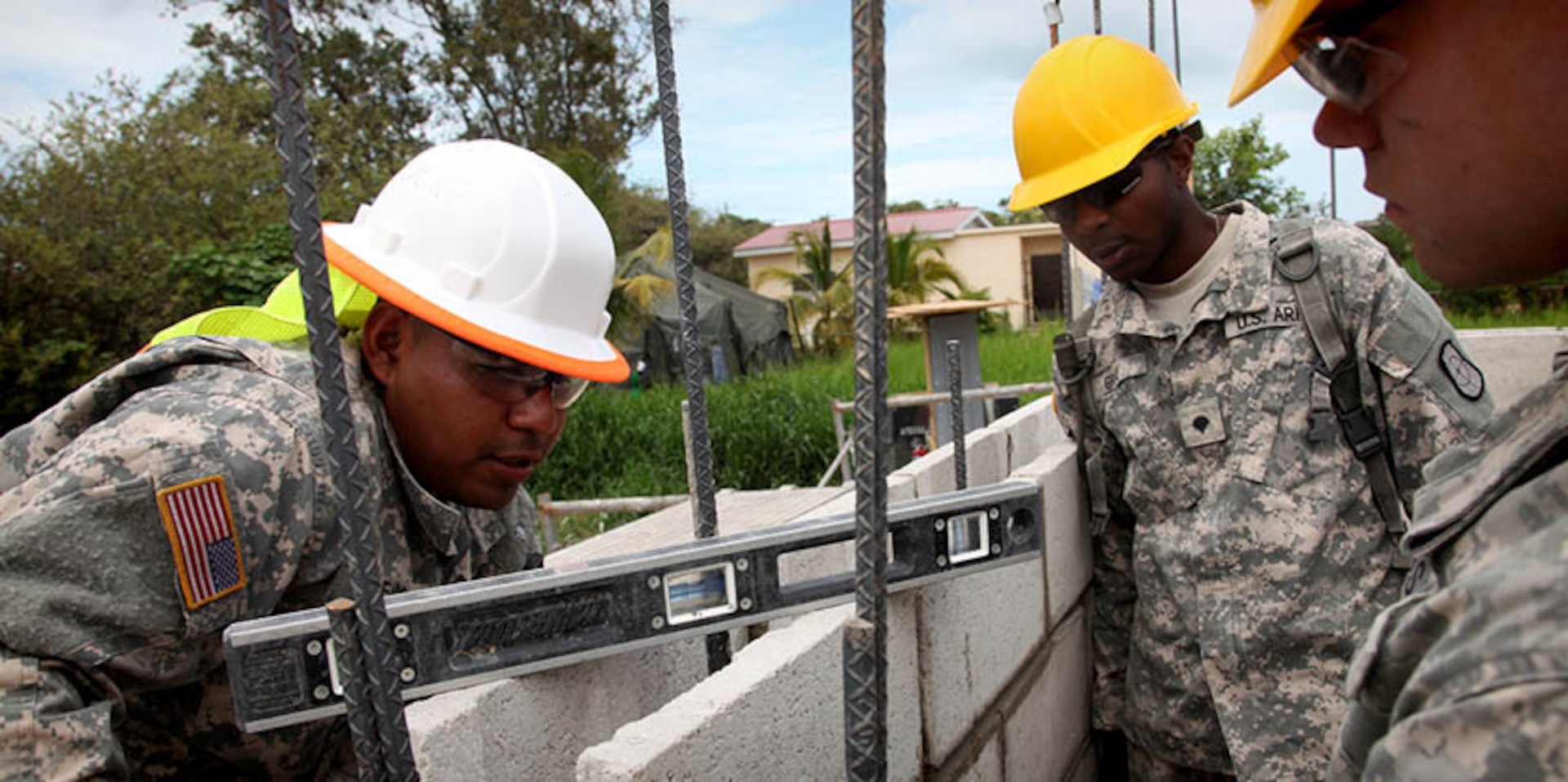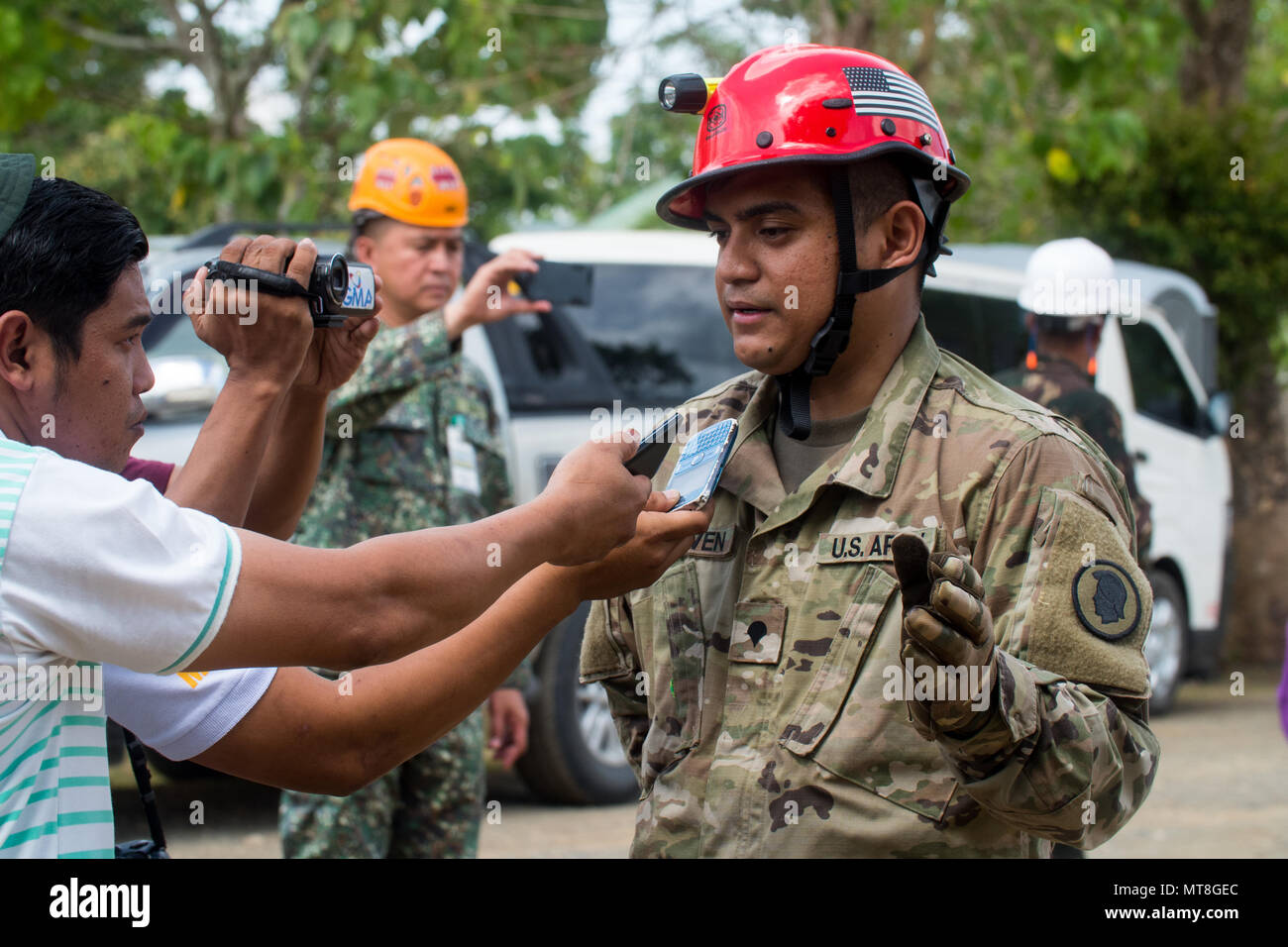Electrician Military - According to the US Marine Corps, the job of a Marine Corps electrician or 1141 involves the installation, operation, maintenance, and repair of electrical transmission systems, whether those systems underground, above ground, and above. Electricians are used and perform maintenance at the installation level in power plants, warehouses and water lighting companies.
When doing other military pre-war, or MOOTW, they install and repair local wiring in buildings. There's nothing like knowing you're well-prepared in a desired field, you have many options, and going to work where no two days are the same!
Electrician Military

In other words, there is no such thing as electronics. Electricians must be licensed, but a college degree is not required. If you want to become an electrician, you must complete an apprenticeship that includes on-the-job training (OJT) and classroom training.
Union Apprenticeships
You can do this in two ways: get an initial training at a trade school or business college, or apply directly to a student and then take classes. Before you become a soldier, you must complete a series of basic training - Basic Combat Training for enlisted soldiers and Basic Combat Training Course for military officers, as well as additional training to
your business demands. Through your training, you will learn the skills, knowledge and discipline needed to be a soldier. Soldiers and officers are constantly trained to keep their skills up to date so they are ready for anything.
If you are active duty, a veteran, or a designated military spouse, you can qualify for a VA loan and put $0 down on your mortgage. VA loans are guaranteed by the US Department of Veterans Affairs (VA).
 Source: i.ytimg.com
Source: i.ytimg.com
Using your certification or previous experience to get your foot in the door as an electrical assistant allows you to meet other electrical people who can help you find a student. . When it comes to internships, there are many options to choose from.
Growing Opportunities For Electricians
You don't have to meet physical fitness requirements before you join the military as a soldier. There are requirements whether you join through ROTC or another officer route - your recruiter will provide the details. All individuals must pass a military fitness test upon enlistment, and every year of service.
As a Civil Engineer, you will install, maintain and efficiently distribute electrical power, the driving force behind today's military. You will work on internal electrical systems such as transformers, circuit breakers, electrical boxes and electrical poles.
You will test equipment and repair electrical short circuits and faulty equipment and learn to read schematics and wiring diagrams to make design and repair decisions. The great news is that you use the GI bill to cover those expenses and housing.
GI Bill payments are issued each month after your employer or union reports your hours worked. The VA provides a list of employers offering scholarships (at the top of the page under Search Filters, select the program type "Training/Work-Learning," then select your state
 Source: api.army.mil
Source: api.army.mil
Your Best Strategy?
on the map.) You can get more information from the military. to the trade union. There are unionized businesses usually run by a group called the International Brotherhood of Electrical Workers (IBEW), There are non-unionized businesses usually run by two groups: one called the Associated Builders and Contractors (
ABC) and another called Independent Electrical Contractors. (IEC); and there are local businesses that you can access through a bank maintained by the federal government. Some of the tasks you will be asked to perform as an Army Aircraft Electrician include: repairing electrical systems on various Army aircraft, repairing, repairing, testing, installing and removing electrical equipment and
electrical subsystems in aircraft assemblies, repair and diagnosis of electrical faults and problems. in electrical components Working with electricity and electronics is the main mission of the US Army Electronics. While serving as a construction and maintenance member of the US Army, you will be in a frontline and technical position as an electrician for the US Army.
Working in the Army as an Army Aircraft Electrician is an exciting and fast-paced job that often involves travel and flexibility, you may be required to perform aircraft maintenance and repairs on-site. far from your place.
Use Your Gi Bill To Cover Expenses
Whether you're interested in pursuing higher education or earning an advanced degree for less, the Army not only offers programs to help you earn your degree while you serve, but also helps return to paying school fees through tuition assistance programs and various grants.
 Source: api.army.mil
Source: api.army.mil
. Additionally, the military can pay up to $65,000 in current student loan debt through the Loan Repayment Program (LRP) if you qualify. As a commitment to the well-being of every soldier, the military provides high-quality health care and life insurance.
Full-time soldiers and their families get free health care, and part-time soldiers and their families pay less out-of-pocket costs. The military has a waiver process that you can use to make sure you overcome a disqualifying obstacle that would prevent you from joining the military.
After submitting an application, a check is made to ensure that you can enter. If your waiver is denied, you can look into pursuing a civilian career in the military. Not only are there more job opportunities today, but according to the Bureau of Labor Statistics (BLS), the demand for electronics continues to grow.
The Course For Non-Commissioned Officers
The BLS estimates that employment opportunities for electricians are growing 10% faster than average, regardless of level of experience. At this time, many electronic devices are moving into the retirement age. Your military pay is only one part of the total amount of money that soldiers receive.
While civilian jobs may pay higher base salaries, the Army offers a starting salary above the federal minimum wage, and a variety of benefits on top of your earned base salary. When you consider affordable health care for part-time soldiers and free health care for full-time soldiers, with bonuses, housing allowances, food and clothing, educational benefits available
 Source: api.army.mil
Source: api.army.mil
college degree with less debt and more financial benefits. provide competitive options for similar civil services. Depending on your education and experience, your best plan may be to get college first. Most internships require an interview and an entrance exam that includes math questions - especially algebra.
If you lack real-world electronics knowledge and want more math, don't despair. You can complete a trade school program in nine months and then go to work as an electrical assistant. But remember that not all business schools are created equal.
Electrician Duties
If you have a student in mind, make sure you enroll in a certification program to identify your chosen career. As an intern, you not only earn while you study, but your classroom training is paid for by the contractor you work for, so your only expenses are books and supplies.
supplies. NCOs are given the opportunity to attend the Advanced Electrician Course to provide in-depth training in the requirements of the National Electrical Code and electrical support design. This includes determining demand, balance level and voltage drops.
Electricians can obtain under the United Services Military Apprenticeship Program an educational program that leads to the certification of the US Department of Labor as a journeyman. The USMAP gives military personnel the opportunity to improve their performance and demonstrate motivation for challenging military careers.
 Source: c8.alamy.com
Source: c8.alamy.com
Obtaining a certificate of completion from the DOL is a great way to get better civilian jobs because employers know the value of these internships. The Army offers a comprehensive benefits package that will not only support you and your family, but also help you advance in your career.
Whether you serve part-time or full-time as an enlisted soldier or military agency, you'll receive competitive pay with bonus opportunities, and access to health care with little or no cost. You can get money for education, student loan assistance, training and certifications, housing, living expenses and more.
CollegeRecon is not affiliated with the Department of Defense or the Department of Veterans Affairs. GI Bill® is a registered trademark of the US Department of Veterans Affairs (VA). More information about educational benefits provided by the VA is available on the US government website at www.benefits.va.gov/gibill USMAP is a military training program that provides service members with support
full time in the Navy and Marine Corps. improve their work skills and complete their civilian apprenticeship requirements while still working. The US Department of Labor issues a nationally recognized "Certificate of Completion" upon completion of the program.
Find information about top programs online for military personnel using their Post-9/11 GI Bill, and ways to pay for school, including scholarships military and antiquities. We can help you transition with certification, training, and career options after you leave the military.
As an apprentice, you will work under a licensed electrician. Rules and requirements vary by state, but most apprenticeships are at least 4 years old and require 2,000 hours of on-the-job training each year. The cost of the internship is anywhere from $250 to $1,420 per year, but most internships are paid, with more fees.
Pay varies by state and employer, but on average, students earn $10 to $20 an hour. After your internship, you will be a traveler and can expect to earn around $32-$43 an hour. An electrician's job involves installing equipment, including cross arms, insulators, and electrical poles.
It can collect and lift and climb poles or towers and cables. He will be charged with measuring, cutting, bending, connecting and installing electrical conduit. He may be charged with the installation of control and distribution devices such as switches, relays and circuit breakers, or test circuits for continuity, comparison and safety
. Circuits can consist of basic components and components. An electrician typically uses test equipment such as multimeters and ohmmeters and installs and repairs electrical equipment.
army electrician jobs, military electrician salary, military electrician to civilian, army electrician training, us army electrician, army electrical engineer mos, military electrician jobs, interior electrician army salary